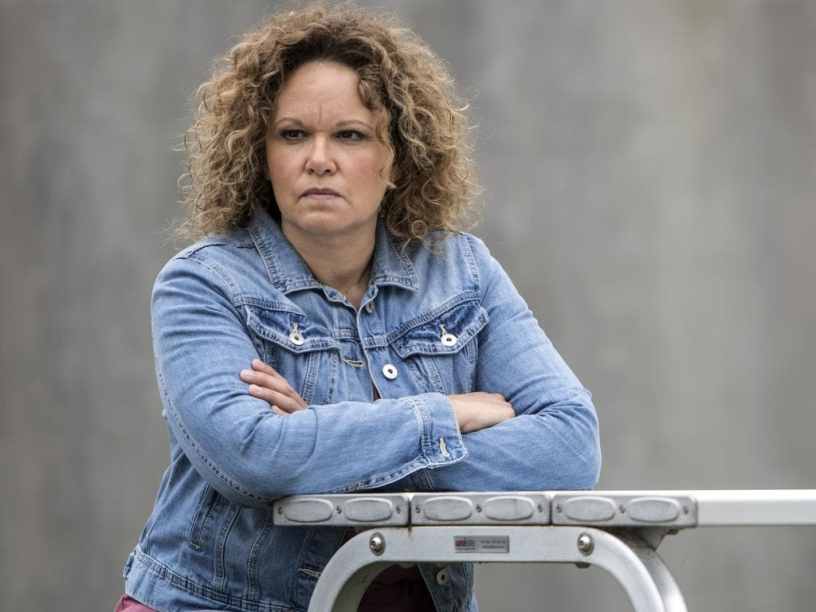The proposal to halve Foxtel’s local drama quota will have a contractionary impact on the industry, reduce jobs and damage cultural outcomes, according to screen industry guilds and organisations.
However, the pay TV provider argues it has been substantially impacted by “increased competition from unregulated streaming services”, and supports the government removing “any unnecessary and redundant regulation” in order to provide a “level playing field”.
The government first flagged its intention to halve subscription TV providers’ obligation to allocate 10 per cent of drama channel revenue towards local content in last year’s Federal Budget, with the intention these changes take effect from July.
This week, the Environment and Communications Legislation Committee is meeting to discuss the relevant amendments to the Broadcasting Services Act 1992.
The current new eligible drama expenditure (NEDE) scheme operates under an accrual system where obligations that arise but not acquitted in one reporting period must be fully acquitted in the following period.
According to the Foxtel, the subscription television sector spent $218 million on Australian drama programs between 2014/2015 and 2018/2019 to comply with its obligations under the scheme.
In its submission to the bill, it said the legislated reduction of the subscription television NEDE spend was an “effective mechanism” to improve the sector’s ability to compete, while also allowing greater flexibility of investment on Australian content across other genres.
However, a joint submission from 15 screen-related bodies, including Screen Producers Australia, Australian Writers’ Guild and the Australian Directors’ Guild, expressed concern that reduction in the obligation would result in investment being taken away from Australian drama, given Foxtel’s argument for “complete deregulation”.
The guilds and organisations noted titles such as Top of the Lake, Love My Way, and Wentworth as examples of the NEDE scheme’s effectiveness in delivering “a wealth of high-quality cultural product for Australian audiences”.
It comes after the same guilds and organisations made a joint submission to the Federal Government’s media reform green paper, in which they argued for a 20 per cent investment obligation in Australian content for SVOD and AVOD services with at least 500,000 subscribers or registered users and AU$50 million per annum in Australian revenue.
In the response to the proposed amendments to the Broadcasting Services Act, they have called on the government to delay any of the future of the NEDE scheme until it has “determined the shape of regulation on streaming services and has moved to implement that regulation”, in order to ensure “a holistic policy decision can be made”.
Find the submissions to the bill here.


